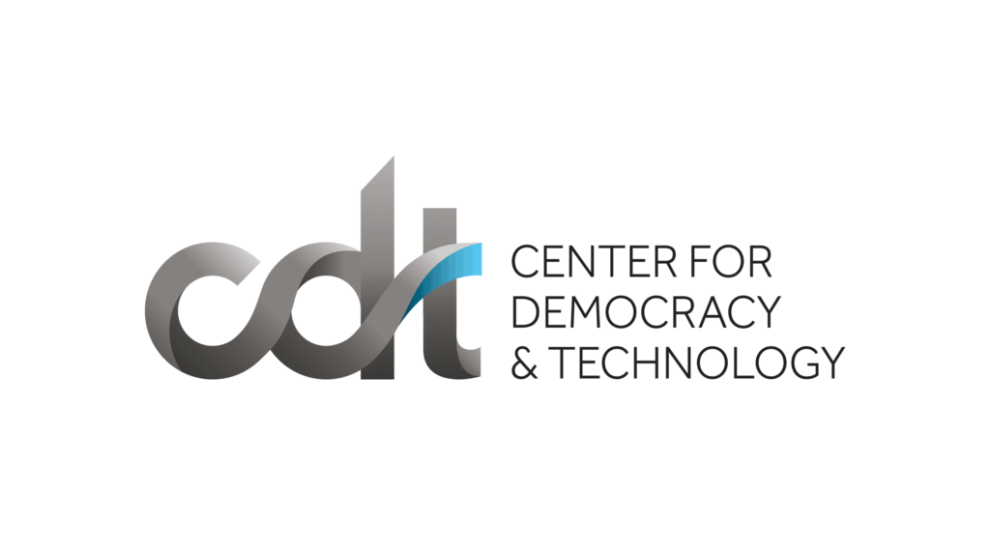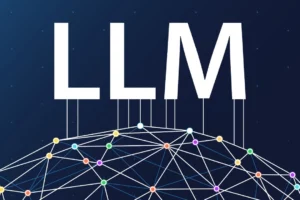In the rapidly evolving landscape of artificial intelligence (AI), ensuring its responsible development and deployment is paramount. Miranda Bogen, a leading AI policy expert, stands at the forefront of this critical endeavor. As the founding director of the Center for Democracy and Technology’s (CDT) AI Governance Lab, Bogen dedicates her expertise to crafting solutions that govern AI and mitigate its potential harms.
Bogen’s Journey Into AI Governance
Bogen’s journey in the realm of AI began at Meta (formerly Facebook), where she honed her understanding of the technology’s inner workings and its far-reaching implications. Subsequently, she ventured into the world of startups, further enriching her perspective on the practical applications of AI.
These experiences instilled in her a deep conviction for the responsible development and deployment of AI, a mission that she now passionately pursues through the CDT AI Governance Lab. As Bogen stated at the Lab’s launch:
“We have a profound opportunity, and duty, to shape AI systems that empower individuals and communities while mitigating serious risks.”
The Imperative for Responsible AI Governance
Bogen emphasizes the urgency of establishing robust AI governance frameworks. As AI continues to permeate various aspects of our lives, from social media algorithms to healthcare diagnostics, the potential for misuse and unintended consequences grows.
Without proper safeguards, AI systems can:
- Exacerbate existing societal biases
- Infringe upon individual rights
- Pose security threats
Bogen highlights several key areas that necessitate immediate attention in the realm of AI governance:
Transparency and Explainability
AI systems often operate as opaque “black boxes,” making it difficult to comprehend their decision-making processes. This lack of transparency can erode trust and hinder accountability.
To address this challenge, Bogen advocates for the development of explainable AI (XAI) techniques that shed light on how AI systems arrive at their outputs.
Algorithmic Bias
AI systems are susceptible to inheriting and amplifying societal biases present in the data they are trained on. This can lead to discriminatory outcomes, such as biased hiring practices or unfair loan approvals.
Bogen underscores the significance of mitigating algorithmic bias by employing diverse datasets, implementing fairness checks, and fostering a culture of awareness within the AI development community.
Privacy and Security
The collection, storage, and utilization of personal data by AI systems raise critical privacy concerns. Additionally, AI systems themselves can be vulnerable to cyberattacks, potentially compromising sensitive information or manipulating their outputs for malicious purposes.
Bogen emphasizes the need for robust data privacy regulations and cybersecurity measures to safeguard individuals and societies from the potential harms of AI.

Building a More Equitable and Responsible AI Future
Bogen’s vision for the future of AI is one where the technology serves as a force for good, empowering individuals and societies while mitigating potential risks.
To achieve this vision, she advocates for a multi-pronged approach:
Collaboration and Multistakeholder Engagement
Effective AI governance necessitates collaboration between diverse stakeholders, including policymakers, technologists, civil society organizations, and the public. Open dialogue and collective action are crucial for crafting comprehensive and inclusive governance frameworks.
Public Education and Awareness
Fostering public understanding of AI is essential for building trust and ensuring responsible development. By demystifying AI and its implications, individuals can actively participate in shaping the future of the technology.
Continuous Research and Development
The field of AI is constantly evolving, necessitating ongoing research and development efforts to address emerging challenges and opportunities.
By investing in research on XAI, fairness, and security, we can ensure that AI governance frameworks remain adaptable and effective.
The Path Forward
Miranda Bogen’s dedication to responsible AI governance serves as a beacon of hope in a rapidly evolving technological landscape. By working collaboratively, fostering public awareness, and continuously innovating, we can harness the power of AI for the betterment of humanity.
Through Bogen’s leadership at the CDT AI Governance Lab and the tireless efforts of responsible AI champions worldwide, a future awaits where AI empowerment prevails over potential technological perils.
















Add Comment